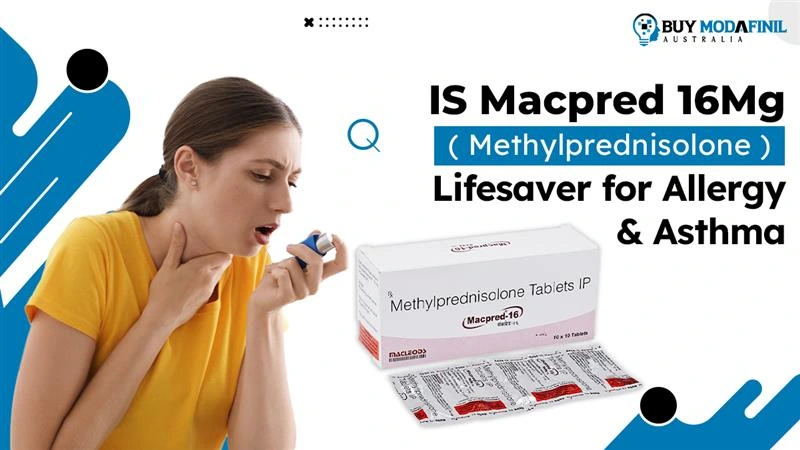
How its relevance in treating allergy and asthma?

Allergy and asthma medications are among the most commonly prescribed treatments, including quick-relief inhalers, daily controller asthma inhalers, and antihistamine medications for symptoms such as itchy eyes and sneezing. While medications such as these can help treat symptoms and even avert a complete asthma episode, they fail to treat the underlying causes of allergies and asthma.
Acupuncture, however, has been shown to treat underlying conditions of allergies and asthma. The reason for this is that acupuncture affects the immune system to limit host response overreacting to allergens, and will lessen certain symptoms common with allergies and asthma, including itchy eyes, sneezing, runny nose, or wheezing.
Acupuncture may also reduce a person’s stress levels, which may trigger or worsen allergy and asthma symptoms. It can do this by stimulating the hypothalamic-pituitary-adrenal (HPA) axis, which is the stress response for the human body.
Finally, acupuncture works to balance a person’s immune system, to reduce the overreaction to an allergen, and to reduce their allergy symptoms over time. Acupuncture accomplishes this by stimulating points that allow the body to regulate blood flow and lung function, and reduce lung inflammation.
Role of Macpred 16 Mg in Asthma Treatment

Macpred 16 Tablet is a corticosteroid medicine used to treat a variety of issues, such as extreme allergies, respiratory infections such as asthma, specific cancers, skin infections, and eye complaints. Macpred 16 Mg causes the body to stop the substances that cause inflammation from being released. It is also used by patients as a way of dampening their immune system. Macpred 16 Tablet will also help patients with rheumatic disease and other autoimmune disorders, such as systemic lupus erythematosus, by reducing inflammation, pain, stiffness, and swelling.
There are many side effects with this medication; however, they usually do not require medical assistance and tend to go away as the body gets used to the medication over time. You should take the time to tell your doctor about your side effect and not take anything for it unless your doctor has said you can. Just like everyone else, everyone gets and feels the side effects differently. Following the dose and number of days you have been prescribed by your doctor is very important.
Taking Macpred 16 Mg is okay if it was prescribed by your physician/doctor or health professional, who suggested it can guide you on the amount to take. Also, taking too much is harmful to your health, and you should speak to your doctor immediately if side effects arise when taking it.
Your doctor should be made aware of existing conditions like high blood pressure, diabetes, mood disorders, liver disease, etc. You should also inform the doctor about all medications you are currently taking, as they can affect your treatment. Also, it is advisable to get your height checked while taking Macpred 16 Mg, as it can slow the growth of children and adolescents.
How Macpred 16 Mg helps in reducing inflammation and suppressing?

Macpred 16 Mg, which has the active ingredient generic Methylprednisolone, is a medication that is often prescribed for a number of health conditions. It is a useful medication for allergic problems and allergic conditions, including breathing problems such as asthma or joint inflammation, by stopping the release of some substances that cause redness and swelling. It can also be issued to prevent organ rejection after a transplant and to assist with patients who have autoimmune disorders such as rheumatoid arthritis, by suppressing the immune system.
The method for dosage of Macpred 16 Mg varies depending on the severity of the condition you are taking it for and your medical background. It is important to listen to your doctor carefully and not take more than you have been prescribed. If you take more than prescribed, this can lead to serious side effects and increase the risk of infections.
Potential Side Effects and Precautions
Side effects are negative effects of medicines that are often not wanted and unpleasant. Side effects can be mild, like a stomachache or dry mouth, or serious, like a skin reaction or an allergic reaction (which can be as mild as a rash or as serious as anaphylaxis). Most side effects will go away when you stop taking the drug, but some may be permanent. Some can be prevented or managed by way of modifications in how the drug is taken, such as avoiding certain foods or taking the medication before bed. You should always report side effects to your doctor, even if they are mild.
Precautions are warnings about groups of people who may be at higher risk of having negative effects from the drug: for example, anyone with chronic disorders that are problematic in themselves (such as heart disease), gastrointestinal problems, or poor kidney function, and pregnant women. Some medications may also interact with certain other drugs, so let your doctor know about any other medicines you are taking, including over-the-counter medications and dietary or herbal remedies.
Although numerous prescription drug labels provide precautions and side effects, few consumers can understand or utilize such information. Studies have shown consumers do not reliably distinguish between the two types of risk information, nor do they retain or understand precautions and side effects when reading them. To further investigate, we had participants view fictitious drug websites that contained precautions and side effects for one of four drugs, and then provided a survey about what they learned and understood.


Comments (0)
Leave A Comment